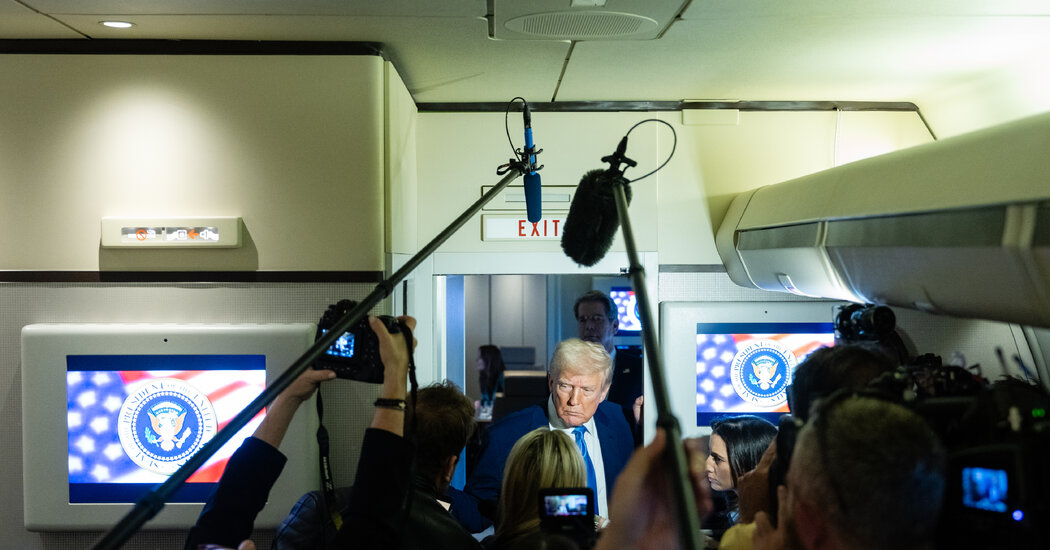TikTok’s Ownership Dilemma Amid Rising US-China Tensions
Background on TikTok’s Ownership Challenges
Last Wednesday marked a pivotal moment in the ongoing discussions regarding TikTok’s future ownership. The Trump administration appeared optimistic about striking a deal to maintain the app’s operations within the United States.
ByteDance, which owns TikTok, was in talks with U.S. investors and government officials to establish a new ownership structure. This effort was aimed at adhering to a federal mandate requiring the app to reduce its Chinese ownership to mitigate national security concerns.
Proposed Changes to Ownership Structure
According to sources close to the negotiations, the proposed framework suggested that new American investors would hold 50% ownership of a restructured TikTok entity. Meanwhile, ByteDance’s stake would decrease to less than 20%—the threshold mandated by U.S. laws.
Initial communications indicated that the Chinese government was seemingly amenable to this arrangement. A draft executive order reflecting the proposal circulated within the White House shortly after the discussions progressed.
Setbacks Encountered in Negotiations
The situation shifted dramatically by Thursday when ByteDance informed the White House that developments related to tariffs imposed by Trump on Chinese goods had sparked resistance from Beijing, inhibiting progress on the TikTok deal.
To provide additional time for negotiations, Trump temporarily paused enforcement of the required legal changes, extending the deadline for a resolution to mid-June. He acknowledged the discord, stating, “The report is that we had a deal, pretty much, for TikTok, not a deal but pretty close, and then China changed the deal because of tariffs.”
The Geopolitical Implications
This situation underscores the broader conflict between the United States and China, particularly in the realms of trade and technology. Legal experts have highlighted the precarious position that TikTok occupies in this geopolitical landscape, with Anupam Chander, a Georgetown University professor, noting that negotiations are hindered by the pride and rigidity of both parties.
The Chinese response to U.S. tariffs has added complexity to the ongoing discussions, leading to an uncertain future for TikTok’s ownership in the U.S. market.
Future Prospects and Investor Insights
Despite the setbacks, negotiations involved significant parties, including notable U.S. firms such as General Atlantic and Susquehanna International Group. The potential deal aimed to allow U.S. investors to secure their stakes while simultaneously reducing ByteDance’s influence in the app.
However, analysts have noted mixed reactions from potential investors, who expressed that any agreement would require careful verification, complicating the already delicate process.
Conclusion
As tension between the U.S. and China escalates, the likelihood of a resolution by June remains uncertain. TikTok, for its part, has maintained throughout that it is not for sale. ByteDance has acknowledged its involvement in discussions with the U.S. government, while clarifying that any final agreement would need to adhere to Chinese regulations.
“There are key matters to be resolved,” stated a ByteDance spokesperson, reiterating the complexities posed by international law and trade relations.


